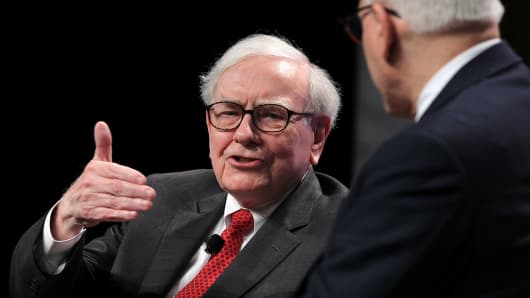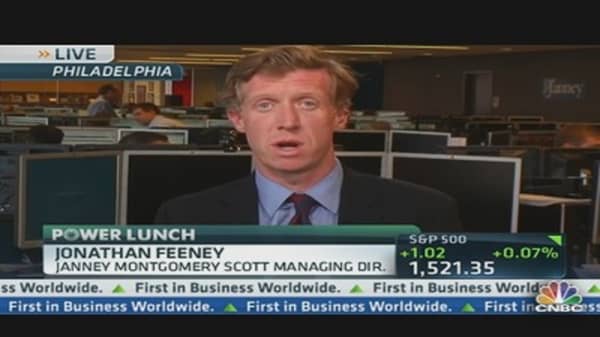Paul Hickey of Bespoke says the low interest rate and low growth environment makes the Heinz acquisition a "no brainer" for a guy like Buffett, with lots of cash on hand.
"It's not a real exciting company, but it's pretty much as stable as they come. They've been constantly raising their dividend. Through the financial crisis, they raised their dividend each year. It's almost like a bond in that it's paid such a consistent dividend," he said. (Read More: Berkshire Hathaway's 15 Biggest Stock Holdings)
Vitaliy Katsenelson, CIO of Investment Management Associates, points out that Buffett increasingly considers his legacy when making investment decisions. The Oracle of Omaha, he says, is willing to pay a "legacy premium"—more money for companies that he believes will benefit Berkshire—and his reputation—long after he retires.
Buffett is determined, Katsenelson says, to "build a fortress that a successor can't screw up." (Read More: Warren Buffett: 'I'm Ready for Another Elephant')
Matthews says he still considers Buffett a value investor, albeit one with a different time frame. "His time horizon is now 50 years, not five," he says.





